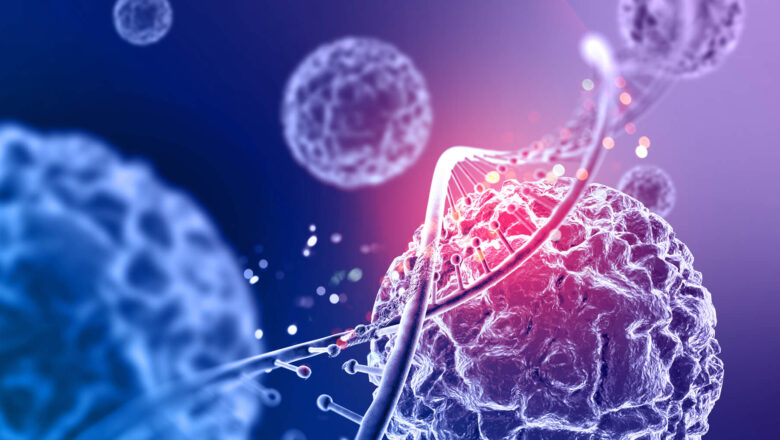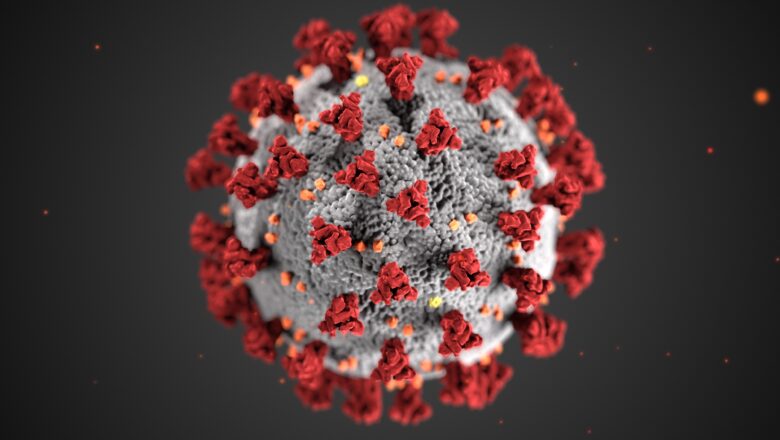
Metabolism and Weight Loss
Metabolism and weight loss are essential components of a healthy lifestyle. Metabolism is a process by which the body produces and consumes energy. Weight loss is a desired outcome for many people. In this article, we will understand how metabolism works and its effect on weight loss. We'll cover what you can do to support a healthy lifestyle.
What is Metabolism?
Metabolism is the body's process of generating and expending energy. The body utilizes this energy to maintain daily activities, operate organs, and carry out the process of digestion. Metabolism comprises two main components:
Basal Metabolic Rate (BMR): BMR represents the energy the body expends at rest. Numerous factors, such as age, gender, weight, muscle mass, and genetic factors, influence BMR.
Activity Levels: ...






